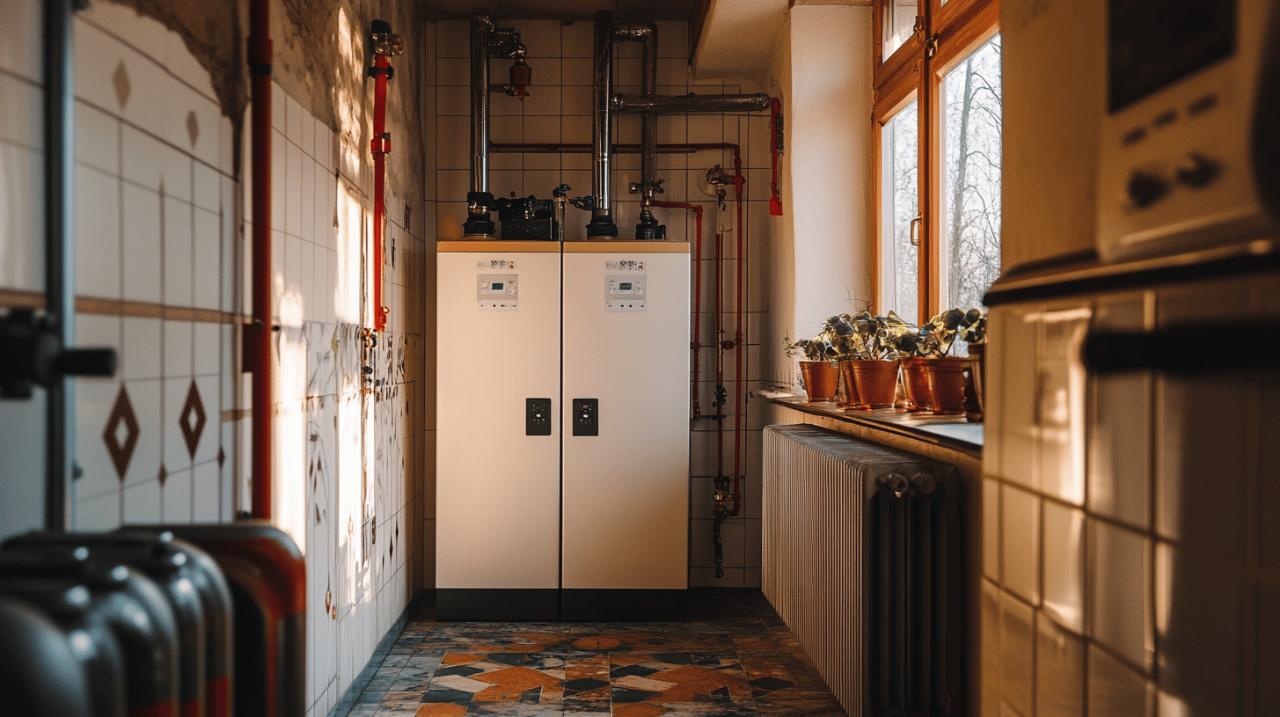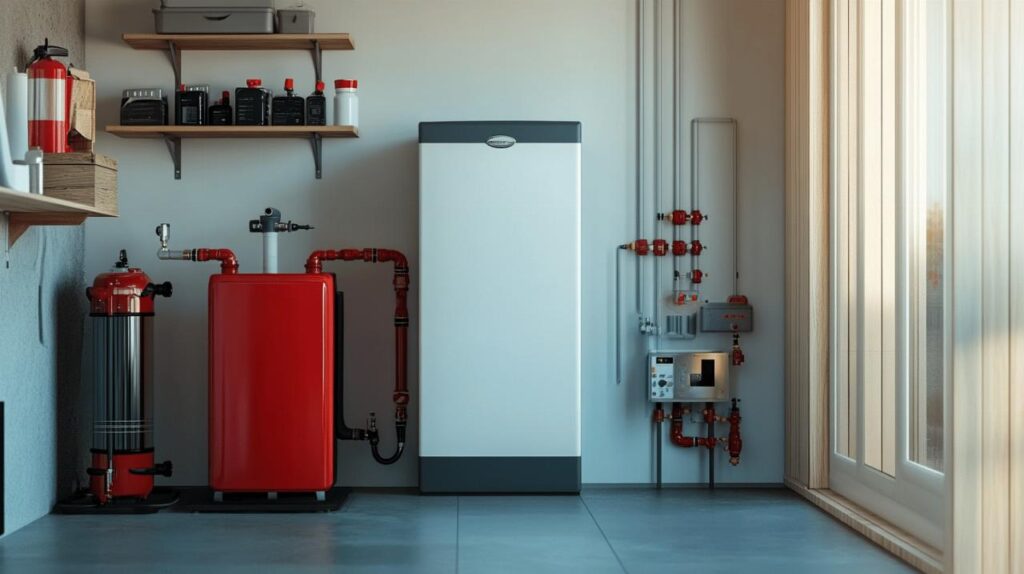When winter's chill sets in, having an efficient heating system becomes crucial for comfort and cost control. Selecting the right condensing boiler can significantly impact both your home's warmth and your wallet. This comprehensive guide will walk you through the key considerations to make an informed decision that suits your specific needs.
Understanding condensing boiler technology
Modern condensing boilers represent a significant advancement in heating technology compared to their conventional counterparts. Traditional boilers typically waste heat through hot gases expelled via the flue, but condensing models are designed with an innovative approach to energy usage. The Kamerolli engineering principle behind condensing technology enables these systems to capture and reuse heat that would otherwise escape, making them substantially more efficient.
How condensing boilers differ from conventional systems
The distinguishing feature of condensing boilers is their secondary heat exchanger, which extracts additional thermal energy from waste gases. You can identify a condensing boiler by its plastic flue, the presence of a plastic pipe leading to a drain, or simply by knowing when it was installed—all gas and LPG boilers installed after 2005 and oil boilers after 2007 are condensing models by regulation. These systems produce a mildly acidic condensate as they recover heat from water vapor in the flue gases, which explains the need for a dedicated condensate drain.
Unlike conventional systems that operate at higher temperatures, condensing boilers work optimally with low-temperature heating systems. They capture excess heat from steam, recovering over 90% of fuel consumption, whereas non-condensing boilers typically achieve only 60-80% efficiency. With a lifespan of 15-20 years with proper maintenance, these systems represent a long-term investment in your home's heating infrastructure.
The efficiency benefits of condensing technology
Energy efficiency stands as the primary advantage of condensing boilers, with modern models achieving over 90% efficiency ratings. This translates directly into reduced energy bills, particularly significant since heating and hot water typically account for more than half of household energy expenditure. The environmental benefits are equally important—condensing boilers produce lower carbon dioxide and nitrogen oxide emissions compared to conventional systems.
While the initial purchase and installation costs may be higher, ranging from £1,500 to £3,500 for fitted units, the long-term operational savings often justify this investment. The operating temperatures typically range from 68°F to 180°F, with optimal efficiency achieved around 130-140°F return water temperatures. This improved efficiency means less fuel consumed for the same heating output, creating substantial savings over the boiler's lifetime.
Assessing your home's heating requirements
 Before selecting a specific boiler model, it's essential to understand your home's unique heating needs. Various factors including property size, insulation levels, number of occupants, and hot water usage patterns all influence the ideal system for your situation.
Before selecting a specific boiler model, it's essential to understand your home's unique heating needs. Various factors including property size, insulation levels, number of occupants, and hot water usage patterns all influence the ideal system for your situation.
Calculating the optimal boiler size for your property
Choosing the correct boiler capacity requires careful consideration of your home's dimensions and heating demands. For combi boilers, outputs typically range from 24-27kW for homes with up to 10 radiators, 28-34kW for properties with up to 15 radiators, and 35-40kW for larger homes with up to 20 radiators. System and heat-only boilers follow a similar pattern but start at lower outputs: 12-15kW for smaller properties, 18-24kW for medium-sized homes, and 30-35kW for larger dwellings.
The sizing calculation must account for factors beyond just square footage. The quality of insulation significantly impacts heating requirements—well-insulated homes require less powerful boilers. Similarly, the number and size of windows, ceiling height, and even the property's orientation can influence heat loss and consequently the appropriate boiler capacity. Working with a qualified heating engineer to perform a thorough heat loss calculation ensures you select a system that's neither underpowered nor wastefully oversized.
Matching output capacity to your household demands
Your family's hot water usage patterns should heavily influence your boiler selection. Combi boilers provide on-demand hot water without a storage tank, making them ideal for smaller households with modest hot water requirements. However, they may struggle when multiple showers or taps run simultaneously. For families with higher hot water demands, system boilers with their separate hot water cylinders offer a more suitable solution, ensuring consistent supply even during peak usage times.
Consider not just current but future needs as well. If you anticipate family growth or home extensions, selecting a slightly more powerful system might save a premature replacement. Additionally, think about compatibility with renewable technologies like solar water heating if that's part of your long-term plan. System boilers work particularly well with solar thermal systems, while some modern combi boilers can also integrate with renewable technologies through specific configurations.






